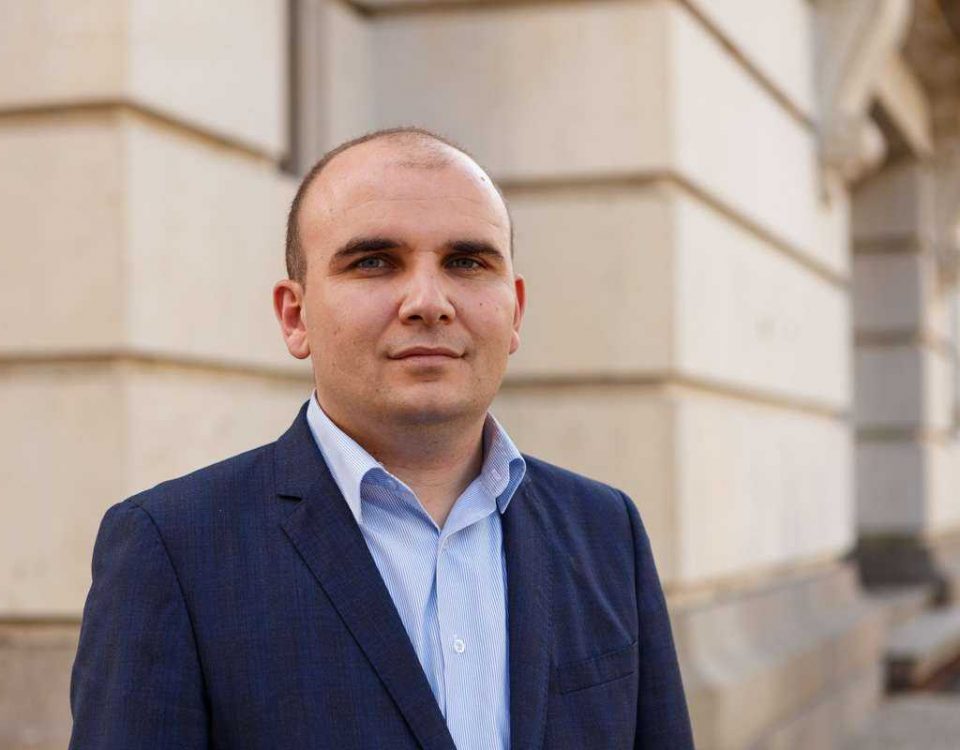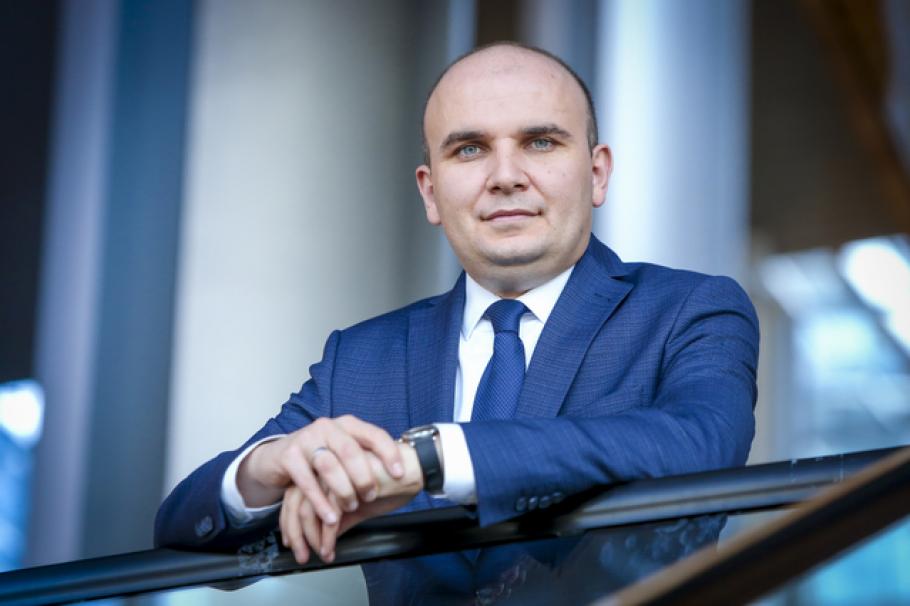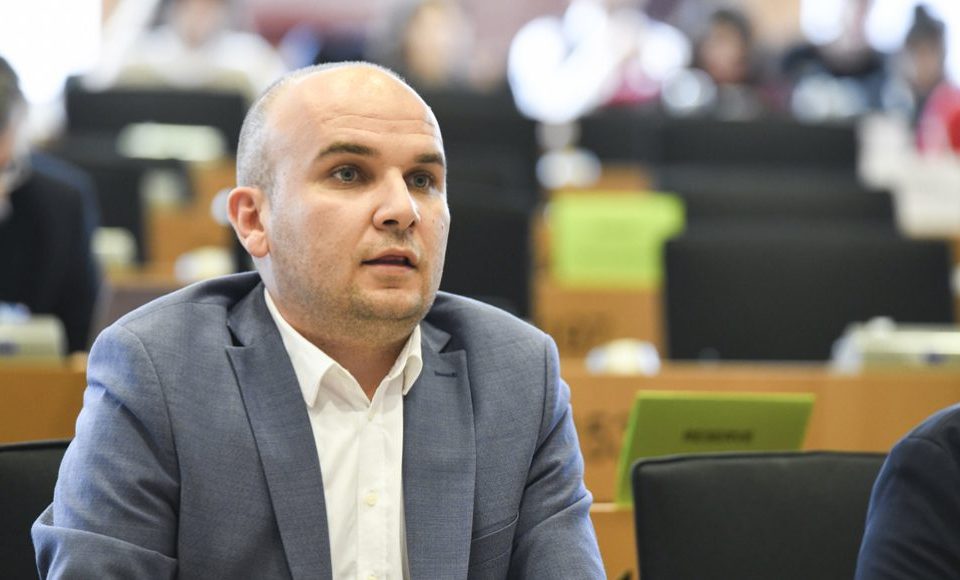
MEP Ilhan Kyuchuyk took part in an official delegation of the European Parliament to Ankara
March 22, 2020
Ilhan Kyuchyuk in North Macedonia a month before the decisive Council meeting.
March 22, 2020Authors Ilhan Kyuchyuk, MEP Renew Europe/MRF Nathalie LOISEAU ,MEP Renew Europe/ La République en marche
The advancement of peace, democracy, respect for human rights and rule of law in the Western Balkans region and their future in a strong and reformed EU is critical for the future of our continent and our fellow citizens. However, following the accession of Croatia in July 2013, the enlargement process has been beset by challenges, the progress of reforms remain slow and uneven, sometimes experiencing significant reversals.
At the same time, the emergence of illiberal democracies within the EU and the failure of EU institutions to tackle these setbacks efficiently has fuelled reluctance towards further enlargement and raised questions as to the sustainability of reforms adopted before entering the Union. We strongly believe that the enlargement of the EU to the Western Balkans has to be made a success story. But we are also deeply convinced that it cannot rely on a business as usual approach. In a context of democratic backsliding across the region and of divided public opinions as regards enlargement in the EU, at the very moment when our Union has become smaller because of Brexit and is struggling to decide on its next MFF, the challenge of expanding or Union must be addressed with political commitment and oversight, not through bureaucratic routine. Furthermore, the reform of the EU can and should go hand in hand with the enlargement process, as we need both a deeper and a broader Union.
Therefore, the European Commission was right to present a new accession methodology aiming at bringing well-needed new credibility to the process. There is no doubt that citizens and societies from candidate countries should be more closely associated with and benefit from the accession process. One way to achieve this objective is for the successive steps leading to full EU membership to be accompanied by a gradual entry of European programs and the gradual inclusion of financing from European structural funds. More funds are not more expenses; they are an investment in stability and in the future.
It is also clear that the accession process must be progressive and based on clear and comprehensible benchmarks at every step. Every step will take into account the progress made but will also be reversible, in case of commitments unfulfilled or major political shifts in the candidate countries. We strongly support keeping the rule of law and fundamental rights as a priority throughout the process as well as setting a focus on respecting international court rulings.
These are fundamental values of our Union and indisputable added value to the peoples of the candidate countries.
The process we are describing is much more political, much less bureaucratic than the previous one. It provides with more immediate benefits for the citizens of the candidate countries through involvement in sectorial policies at an early stage. Therefore, it requires that the Council as well as the European Parliament to have a regular say in the democratic monitoring of the process.
But let’s face it, so far the enlargement process has failed in reaching out efficiently to public opinions both in the Western Balkans and in the European Union. There is an urgent need for better strategic communication and more political ownership. Citizens from the Western Balkans should be explained to that the reforms are designed to serve their interests, not to please the EU. European citizens should be convinced that completing the reunification of our continent is a safer and more beneficial approach than standing by an unwise status quo. We, in Renew Europe, are serious about enlargement and we strongly believe in a European perspective for the Western Balkans. We want it not only to start, but also to succeed. We believe that reforms are necessary and that they are possible. We are convinced that citizens of Western Balkan countries deserve to enjoy the rule of law, functioning state institutions, merit-based public in administration and sound economic policies as much as EU citizens. We are not ready to bargain on the aspirations of the people of the candidate countries, because we believe in a Union where there is no one left behind.
Bearing in mind how much Western Balkans suffered from armed conflicts in the recent past, we also call for the nomination of a double-hatted EU Special Envoy for the Western Balkans. Working under the authority of the High Representative and Commissioner in charge of Enlargement and Neighborhood Policy, he or she would focus on solving lingering conflicts throughout the region.
We also call for the new accession methodology to be endorsed by the Council and form the base for a re-launch of the process in time for the Zagreb Western Balkans Summit as well as for the opening of negotiations with North Macedonia and Albania.
The countries of the Western Balkans belong geographically, historically as well as culturally in Europe. We have to collectively strengthen our efforts so that they join our Union economically and politically. The EU will be more secure and economically stronger once the region is firmly anchored inside the Union, a win-win scenario with a stable and economically growing Western Balkans within a stronger European Union.




